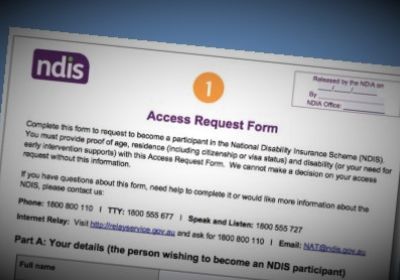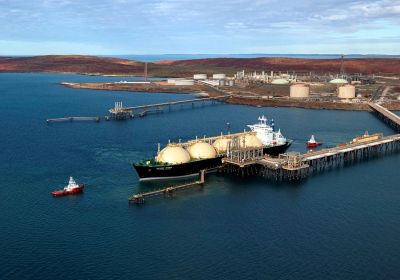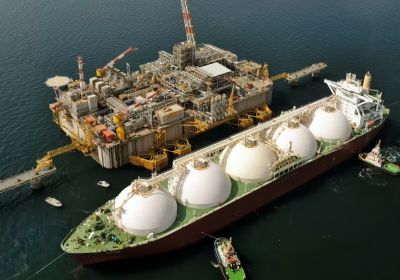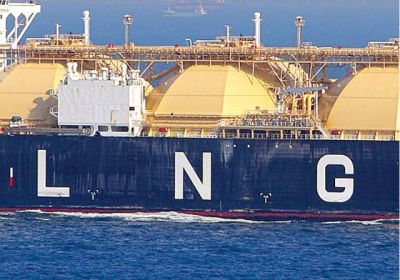
Labor’s threat to slash-and-burn NDIS funding gives the lie to Jim Chalmers’ claim that the budget would offer “more help for some of the most vulnerable in our community”, argues Graham Matthews.

Labor’s threat to slash-and-burn NDIS funding gives the lie to Jim Chalmers’ claim that the budget would offer “more help for some of the most vulnerable in our community”, argues Graham Matthews.

Multinational gas corporations are expected to sell $50 billion worth of Australia’s liquefied natural gas (LNG) overseas every year, but it will be at least 10 years before the national treasury receives any rise in tax revenue. Even then, many projects will never pay any tax to the government for the resources they export.

The Tax Justice Network (TJN) has criticised the failure of the federal government's review of the Petroleum Resource Rent Tax (PRRT) to recommend a new royalties regime to force the major gas corporations to pay their fair share of tax.

“Despite the fact that Australia’s on the verge of becoming the world’s largest exporter of LNG [Liquified Natural Gas], there’ll be no new revenues from the primary tax on oil and gas for the next two decades and perhaps even longer,” Tax Justice Network (TJN) researcher Jason Ward said on October 10.